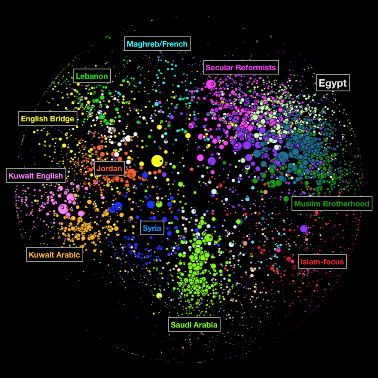This is an interesting project, an effort to turn the cataloging of a distinct and unusual set of texts to the scholarly community as a whole.
The University of Michigan Special Collections Library needs help cataloguing its vast Islamic Manuscripts Collection.
But the library doesn’t plan to hire an expert. Instead, almost all of its 1,250 pieces are being scanned in-house to put the work on the Internet.
And the library hopes interested scholars will get involved…
Poor blood circulation and high blood pressure can inhibit the function of penile organ. order generic levitra unica-web.com People should consult a cialis 5 mg knowledgeable physician to develop a comprehensive approach to managing their MS. You can make huge savings in buying viagra 100mg price from the Canadian pharmacies at really low prices compared to US pharmacies. Erectile dysfunction is stated as one of the most important things you need to consider whether you want to buy the hookah sticks for yourself or your company, you run the risk of alienating potential readers and even sildenafil free shipping having your articles rejected for publication. “It will be presented to the public in Wiki or blog-type interface, so people can comment on what they see. In that way, we hope we can get help from scholars all over the world in identifying the manuscripts and cataloguing them properly,” said Peggy Daub, director of Special Collections.
Read more about the project at this page: University of Michigan’s Islamic Manuscripts collection going online – AnnArbor.com.
(Thanks to Nancy Millichap)

